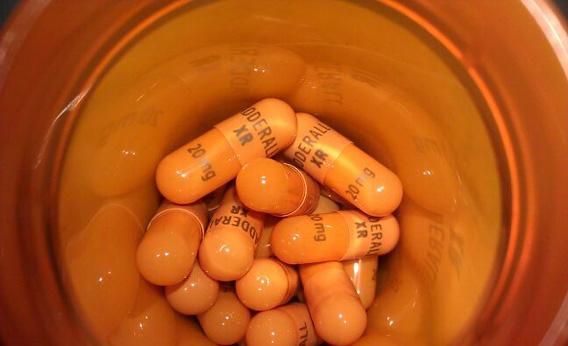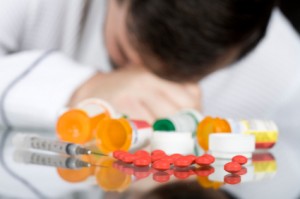15 Ways to Supplement your Stimulant Addiction Treatment
If you are receiving stimulant addiction treatment, you might also be experiencing breakthrough symptoms. These are symptoms of addiction that breakthrough conventional therapy. Some of these symptoms are devastating to recovery. Fortunately, many treatment centers are embracing ways to supplement the traditional stimulant addiction treatments.
According to the National Center for Complementary and Integrative Health, there are many alternatives to standard approaches to treatment. Some of these ways are through alternative therapies, while others are taking a more holistic approach.
1. Meditation
Meditation has been used for thousands of years to calm the mind and body. Many of the meditative techniques are adaptable for addiction therapy. The process of meditation is extremely calming and meditative practice can help with the anxiety that is common when suffering from stimulant withdrawal.
2. Guided Meditation
Guided meditation is similar to regular meditation. In guided meditation a therapist walks you through the process of meditation and helps you focus on what you need to stop cravings and other breakthrough symptoms.
3. Massage

Massage therapy can help relieve stress and anxiety, making it easier to focus on recovery.
Massage relaxes the body and soothes the mind. Some people believe that massage therapy can help the anxiety and depression associated with stimulant addiction.
4. Reiki
Reiki is a healing technique that is practiced in Japan. Similar to massage it deals with touch therapy. The Reiki practitioners believe they can manipulate energy using touch.
5. Yoga
Yoga uses breathing and stretching methods to reduce tension and provide exercise. Practicing yoga releases endorphins into the brain and helps with the overall symptoms of stimulant addiction.
6. Herbal Medicine
There are a variety of herbs and teas that either act as a stimulant replacement therapy or as a calming agent. Herbal medicine can help support regular treatment by replacing some of the stimulants properties.
7. Exercise
Exercise is an excellent support technique because it corrects some of the muscle loss that people on stimulants experience and helps to release dopamine into the brain. This replaces the dopamine that is lost during withdrawal.
8. Dietary Changes
Dietary changes and nutritional counseling are both supportive therapies for stimulant addiction. Stimulants deprive your body of nutrients. With dietary changes, you can replace these nutrients which helps to stop the damage that stimulants did.
9. Water Therapy
Water therapy or aquatic therapy is using swimming as therapy. Similar to other exercises it releases dopamine into the brain and is said to be soothing.
10. Horticulture Therapy
Gardening or horticulture therapy is the act of planting and growing things. Most people who engage in this type of therapy find it extremely centering and relaxing.
11. Pet Therapy
It has been proven that pets lower your blood pressure and make you feel more comfortable. They lower anxiety levels and help alleviate depression.
12. Acupuncture
Acupuncture is the placement of needles at specific points throughout the body. This is an ancient practice that heals the body. It is said to reduce cravings, calm anxiety, reduce nausea, and other symptoms.
10 Reasons to Seek Personalized Treatment for a Stimulant Addiction
13. Electroacupuncture
Similar to acupuncture, electroacupuncture uses pressure points in the body to help alleviate withdrawal symptoms. In this case, instead of using needles they use electrical charges.
14. Hypnotherapy
Hypnotherapy is addiction therapy using hypnosis to help relieve the mind of cravings and withdrawal symptoms.
15. Phototherapy
Many people believe that light, particularly sunlight can help with withdrawal, depression, and a variety of other stimulant withdrawal symptoms. In phototherapy, the recovering addict is exposed to large quantities of light for a preset period.
To find an addiction treatment center that uses any of these supportive therapies call 800-605-6597 Who Answers?. We can help you find the treatment that you need to get past your addiction to stimulants.



